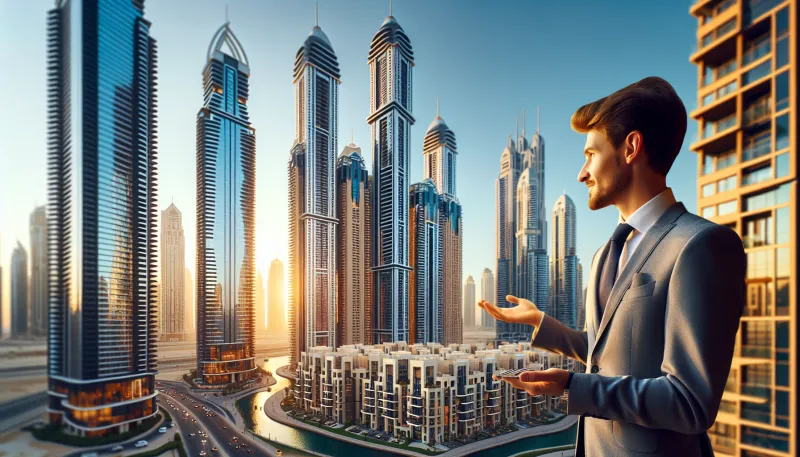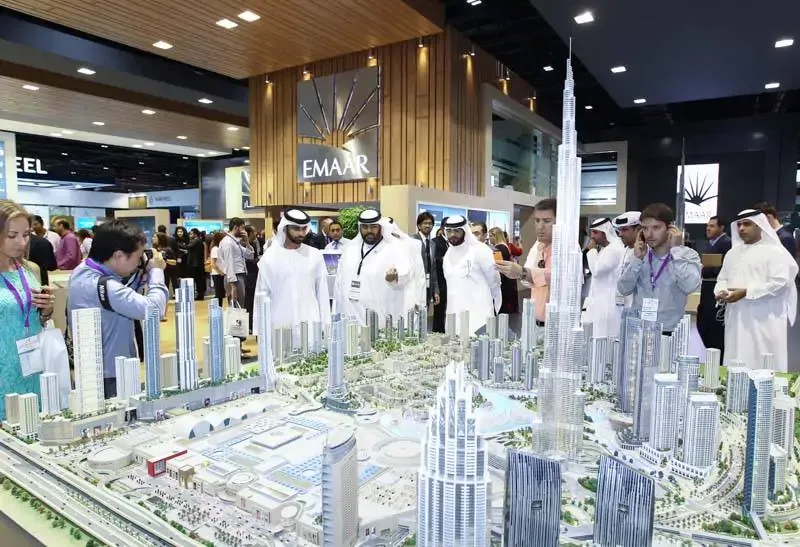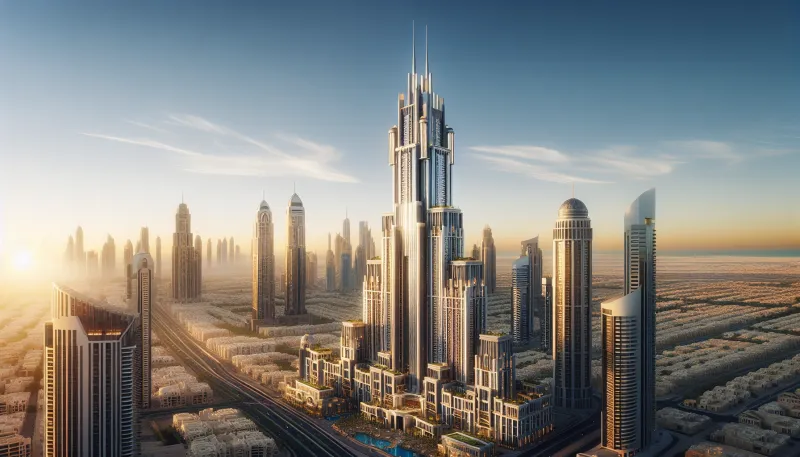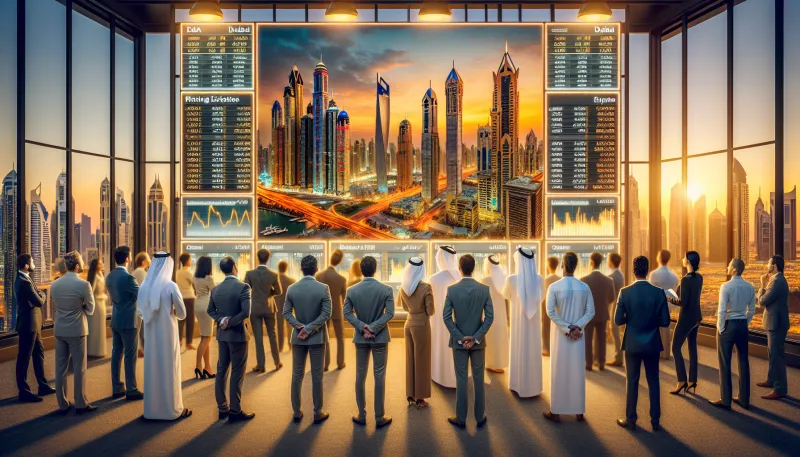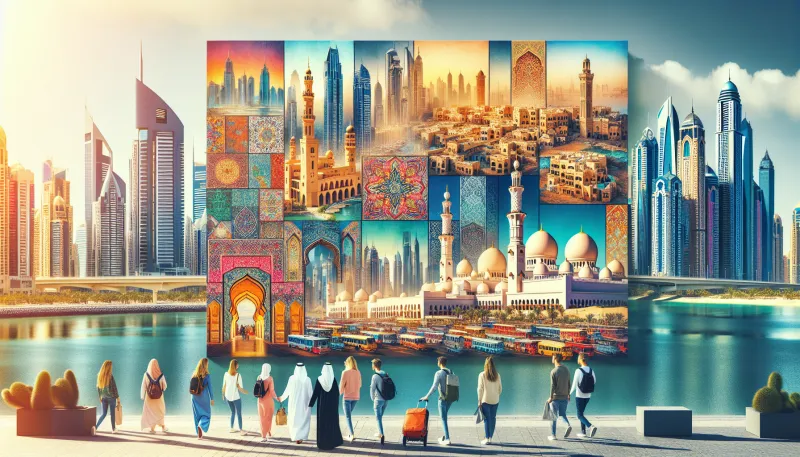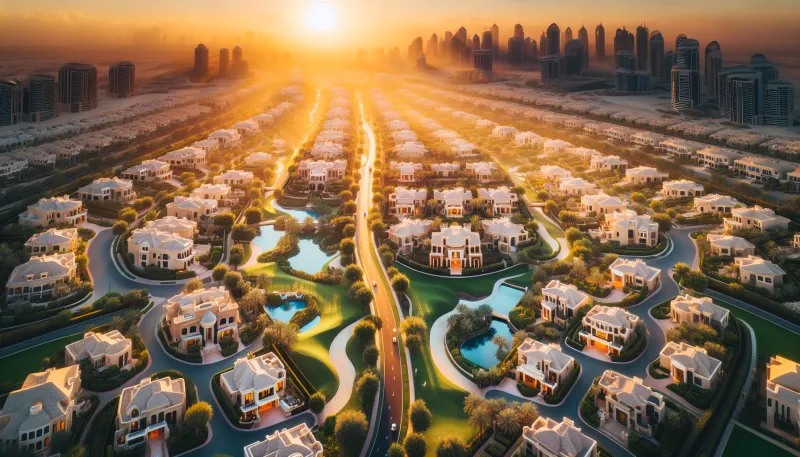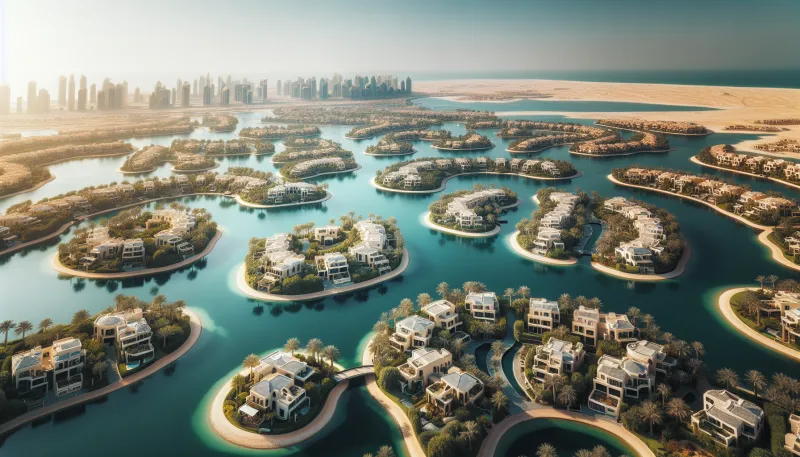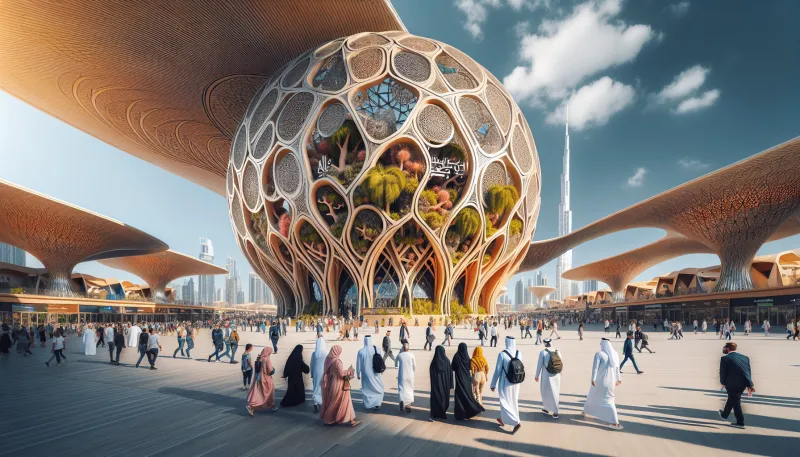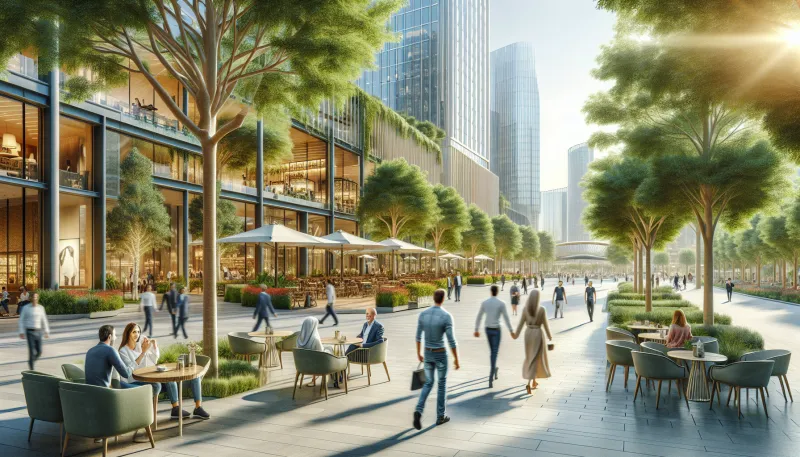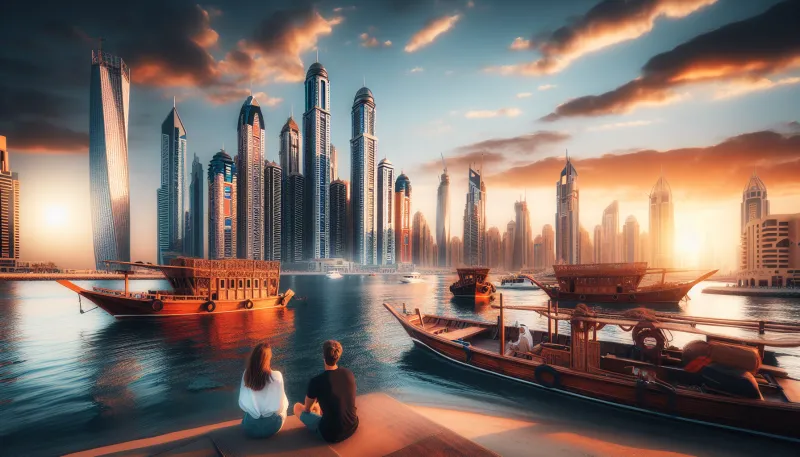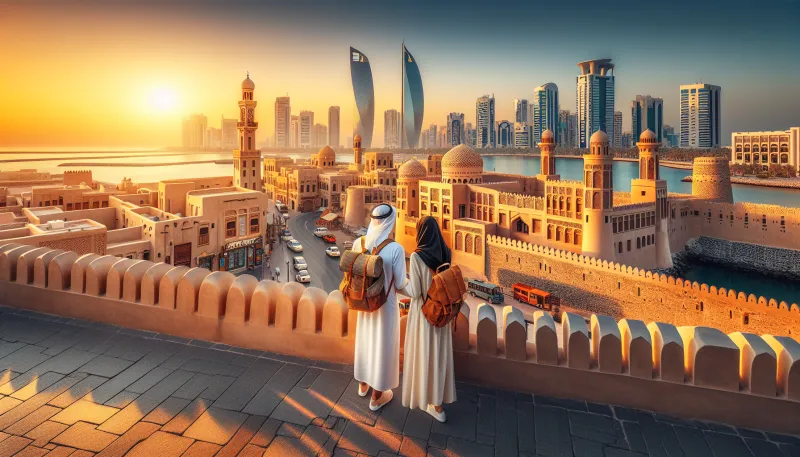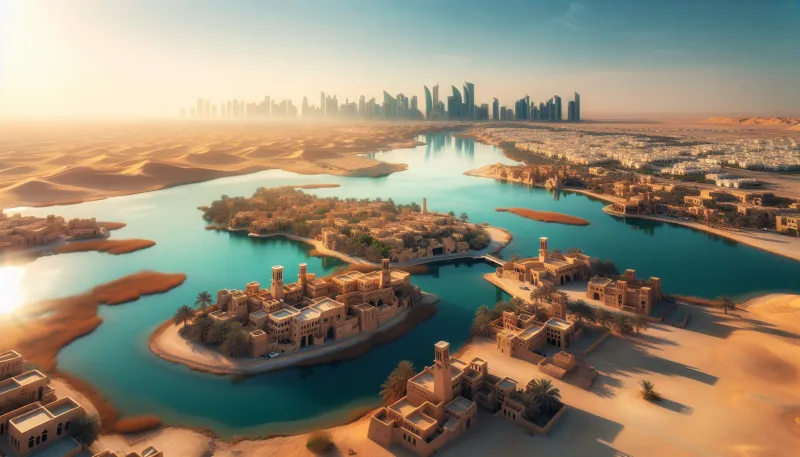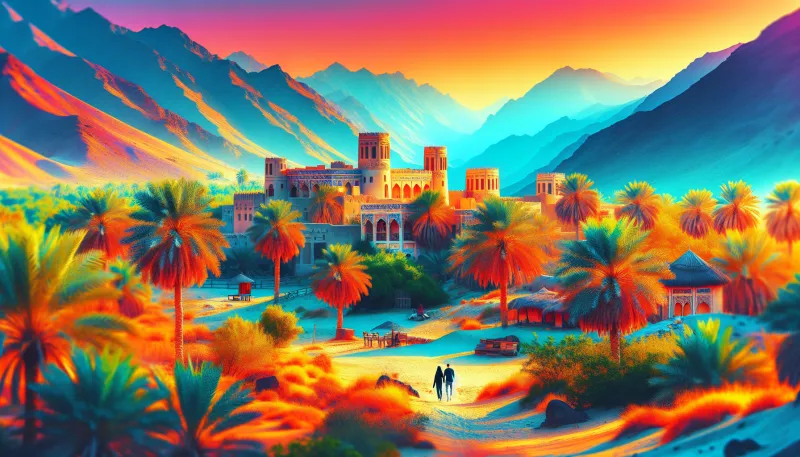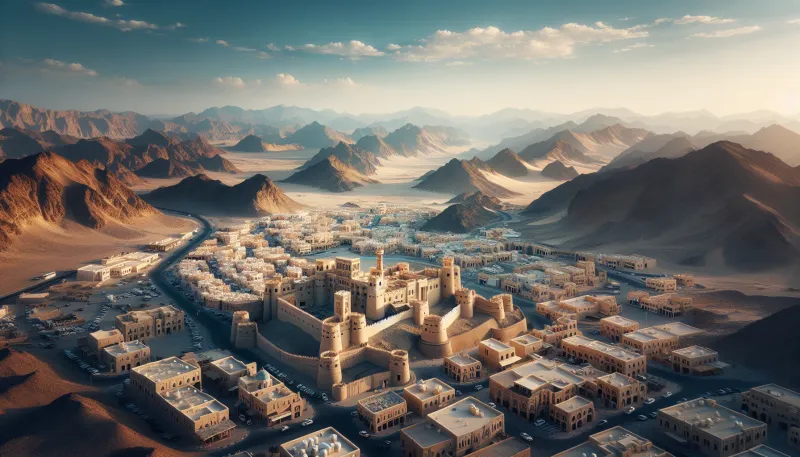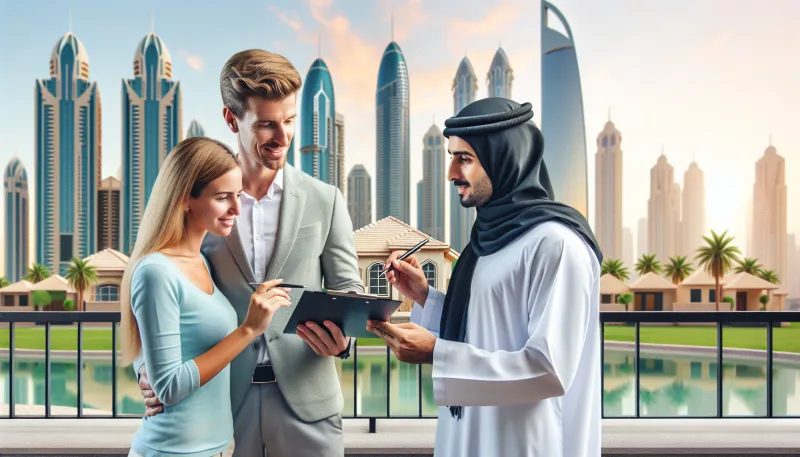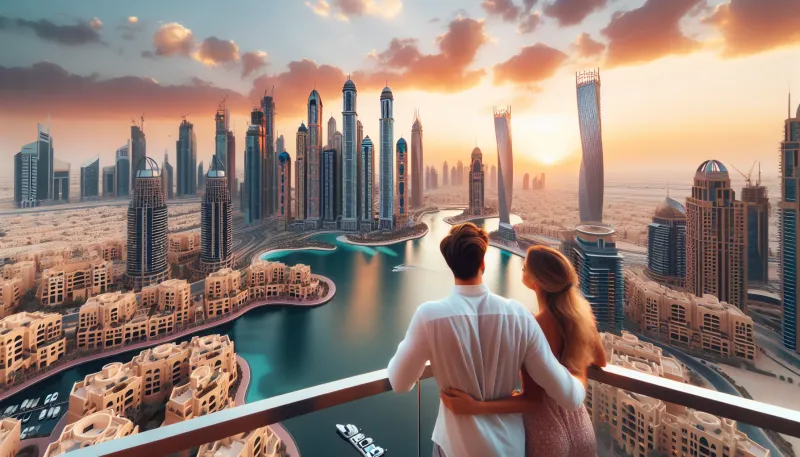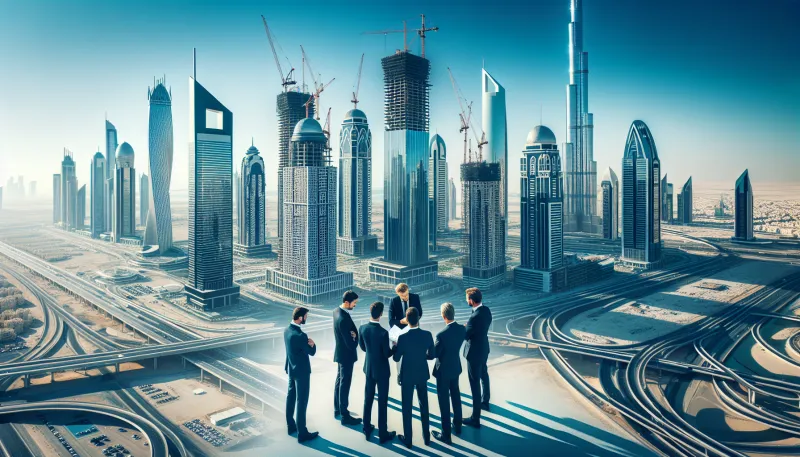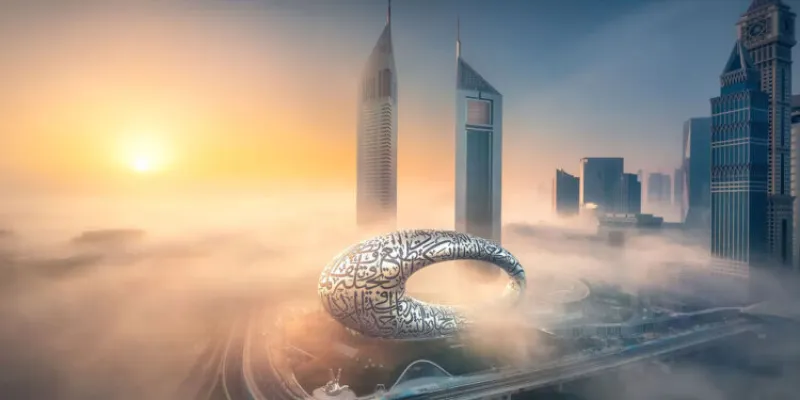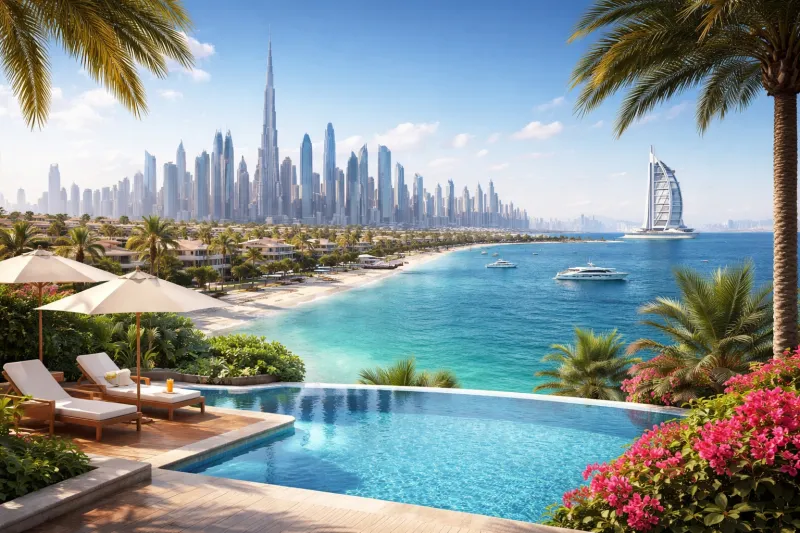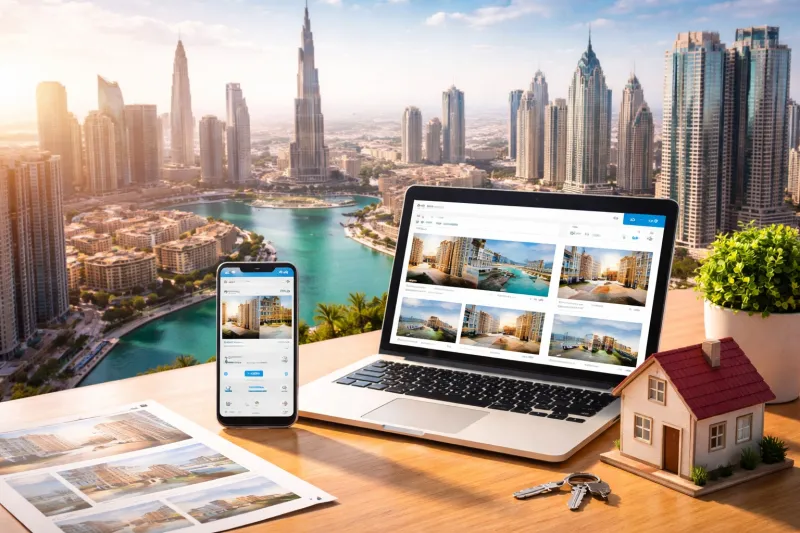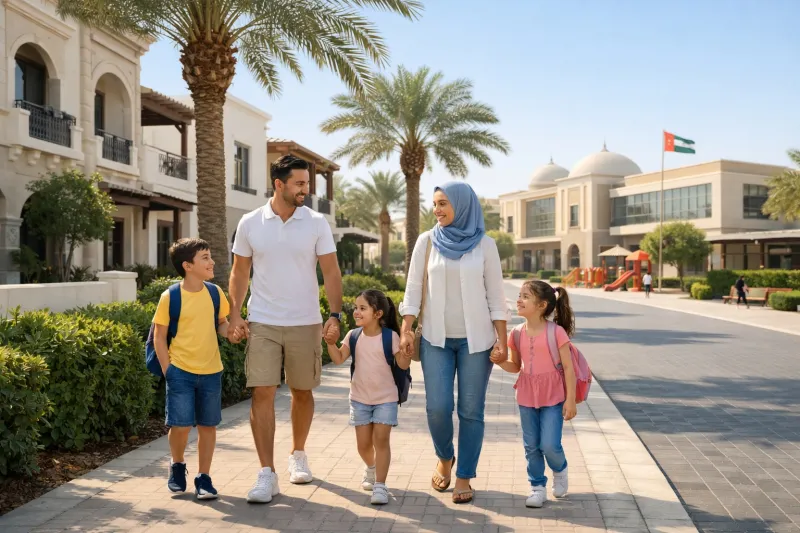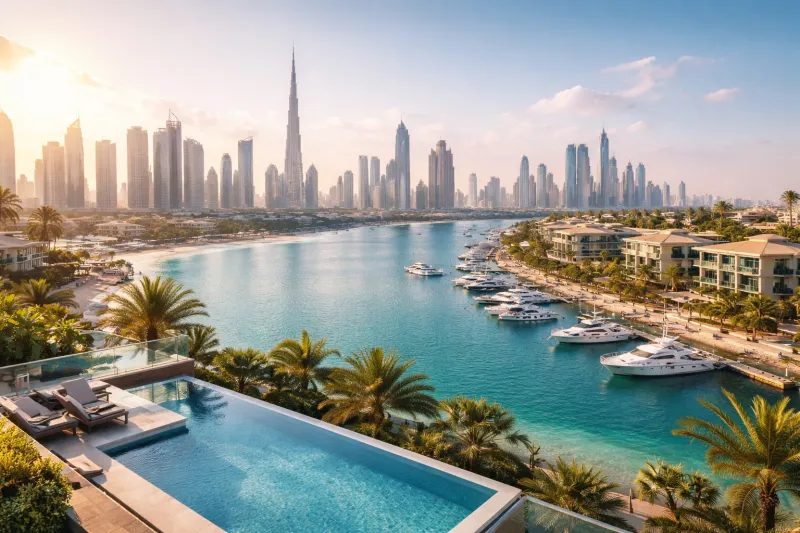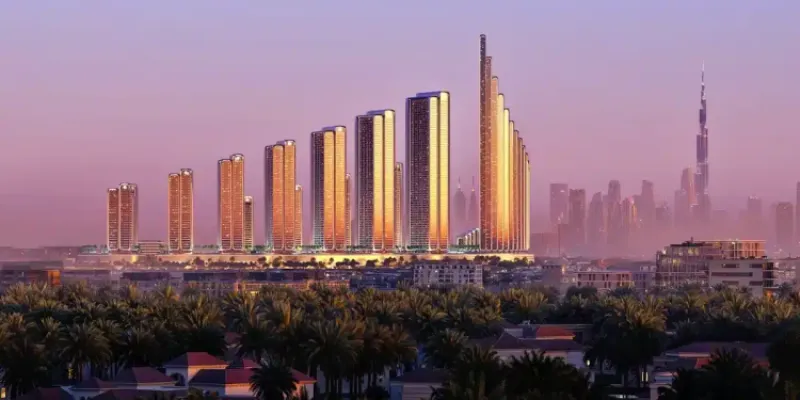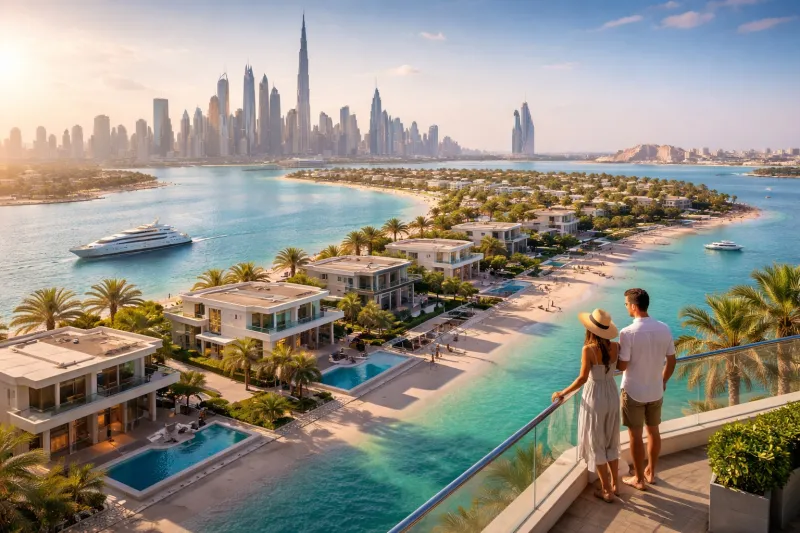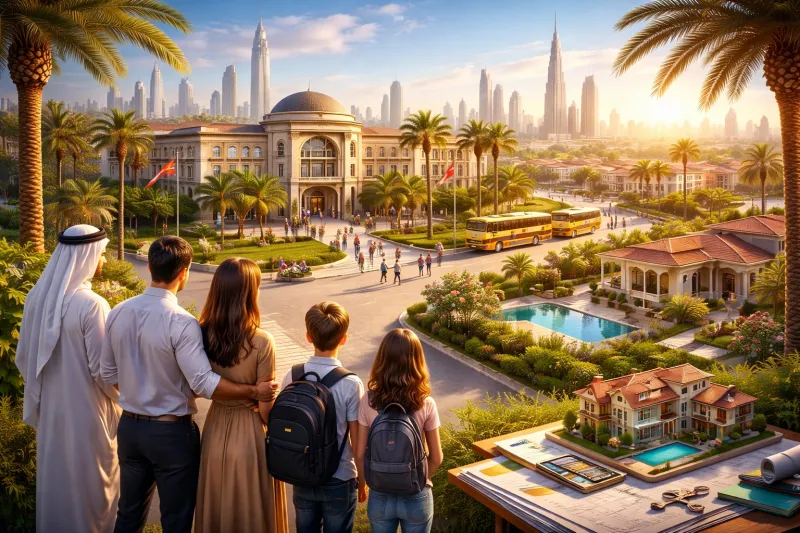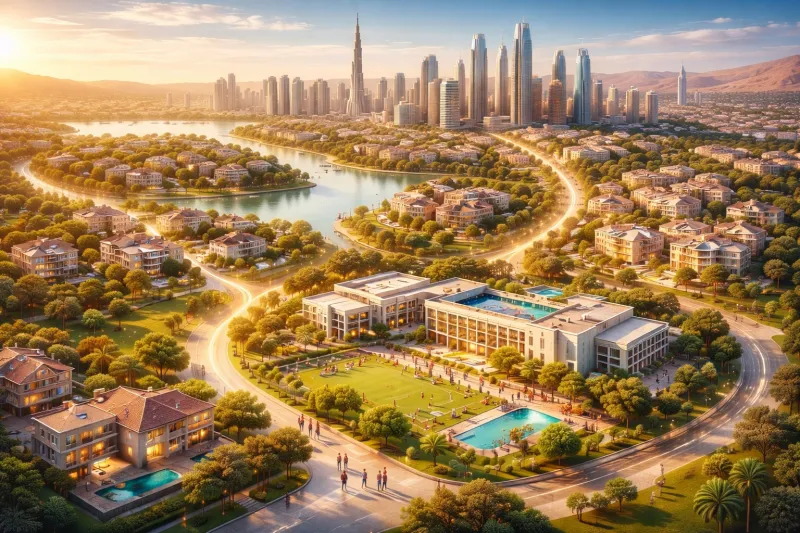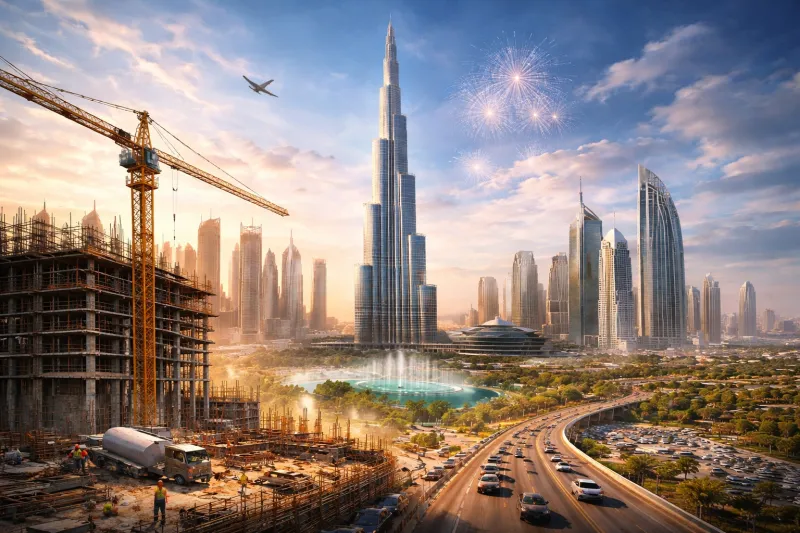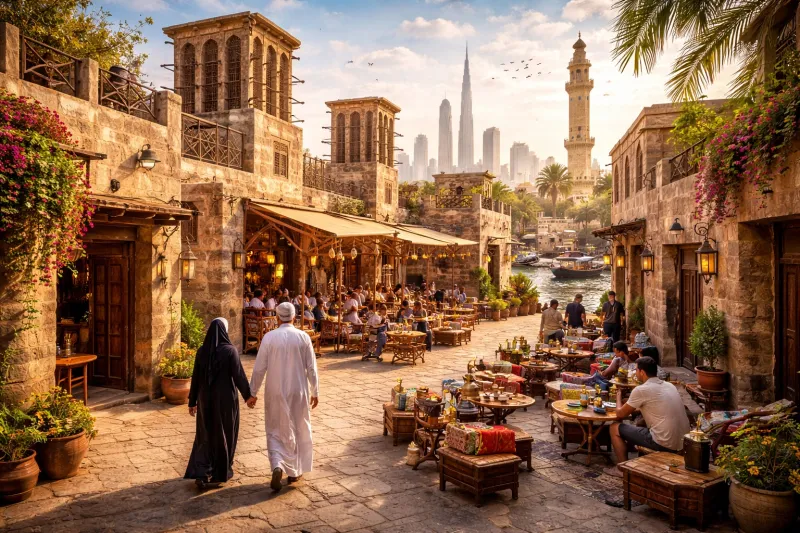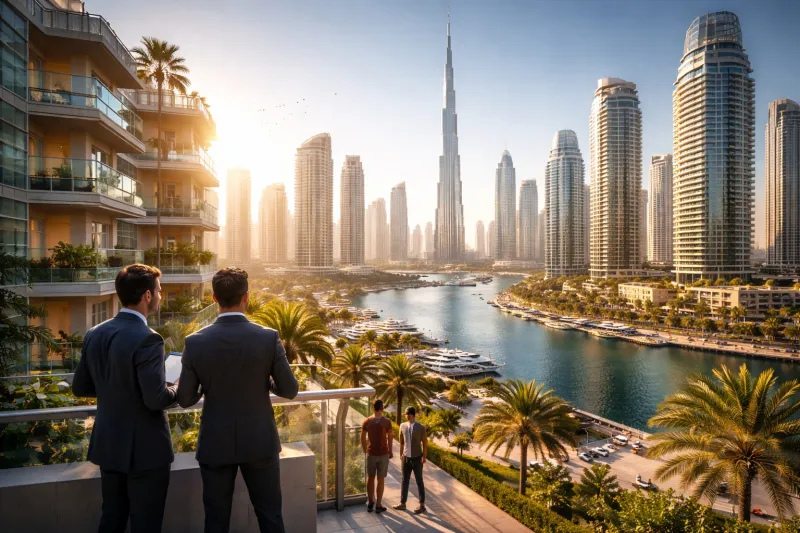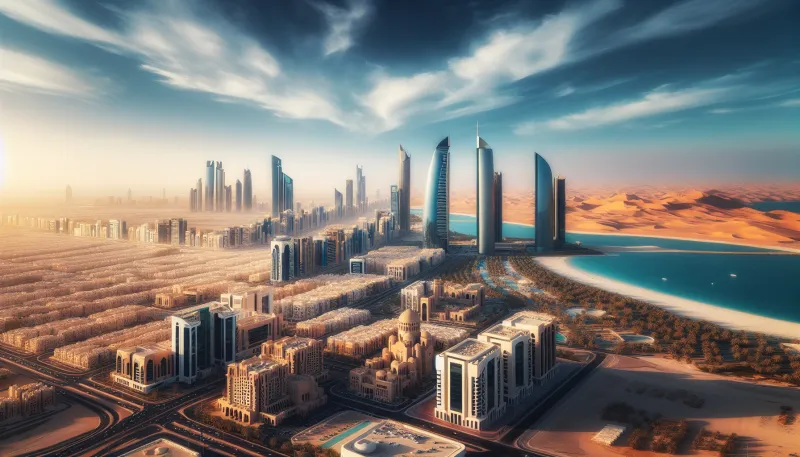
A comprehensive history of the UAE: from ancient times to modern statehood
The United Arab Emirates (UAE) has a rich and diverse history that stretches from ancient settlements through periods of trade, colonial influence, and finally to the formation of a modern and prosperous federation. This article explores key chapters in the history of the UAE that have contributed to its cultural and political identity today.
- Ancient settlements and early civilizations
- The era of maritime trade and pearling
- Influence of Islamic civilization
- Portuguese and later European incursions
- The Trucial States and British protection
- Discovery of oil and economic transformation
- Formation of the United Arab Emirates
- Modern development and global influence
- Cultural heritage and contemporary identity
Ancient settlements and early civilizations
The territory of present-day UAE has been inhabited for thousands of years. Archaeological evidence reveals Paleolithic human presence, with more advanced settlements during the Neolithic and Bronze Age. Sites like Jebel Faya show some of the earliest human activity in the region, while the Umm Al Nar culture around 2600 to 2000 BCE marks significant development in trade and social organization.
The era of maritime trade and pearling
For centuries, the coastal communities of the UAE thrived on maritime trade and the pearling industry. The Gulf's strategic location between Asia, Africa, and Europe made it a hub for merchants and sailors. The pearling economy, in particular, was central until the early 20th century, when natural pearls from the Arabian Gulf were among the most valued worldwide.
Influence of Islamic civilization
The spread of Islam in the 7th century had a profound impact, integrating the region into the wider Islamic world. The UAE's coastal tribes adopted Islamic customs, laws, and educational traditions. Mosques, Quranic schools, and centers of learning were established, deeply shaping local culture and governance.
Portuguese and later European incursions
In the 16th century, the Portuguese briefly controlled parts of the Arabian Gulf coast, including areas around modern UAE, aiming to dominate trade routes. Their influence was eventually supplanted by the arrival of other European powers, particularly the British, who sought to protect their imperial interests and regional trade networks.
The Trucial States and British protection
From the 19th century onwards, the British established agreements with local sheikhdoms known as the Trucial States, aiming to secure peace and maritime safety. These treaties provided British protection in exchange for influence over foreign policy, allowing local rulers to maintain internal autonomy while shaping the region’s political landscape.
Discovery of oil and economic transformation
The discovery of oil in the 1950s revolutionized the region. Beginning with oil exports in the 1960s, the UAE's economy shifted dramatically from traditional trade and pearling towards petroleum-based wealth. This newfound wealth fueled infrastructure development, modernization, and urban growth across the Emirates.
Formation of the United Arab Emirates
Following British withdrawal from the Gulf in the early 1970s, seven emirates—Abu Dhabi, Dubai, Sharjah, Ajman, Umm Al Quwain, Fujairah, and later Ras Al Khaimah—formed a federation on December 2, 1971. This unity marked the birth of the UAE as a sovereign nation, with a shared political framework and vision for development.
Modern development and global influence
The UAE rapidly transformed into a global city hub, attracting international business, tourism, and innovation. Cities like Dubai and Abu Dhabi became iconic for their futuristic architecture, financial centers, and cultural landmarks. The country's strategic diplomacy and investment initiatives have enhanced its geopolitical significance worldwide.
Cultural heritage and contemporary identity
Despite rapid modernization, the UAE actively preserves its cultural heritage, celebrating traditional arts, crafts, and festivals. Museums, cultural centers, and events highlight the nation’s Bedouin roots and Islamic traditions, fostering a national identity that balances progress with respect for its past.
Real Estate Market Researcher in the UAE and Middle East







